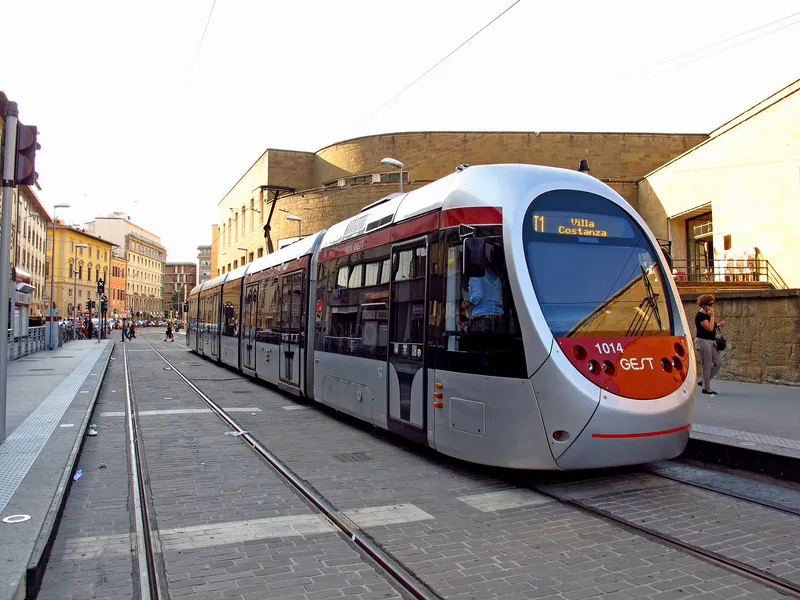
Cognitive Pilot, an autonomous driving technology joint venture between Russia's Sberbank and Cognitive Technologies Group, signed a deal for the development of an AI-based computer vision system for urban trams.
Jack Wu, CEO of Fitsco, says an AI-based solution can increase safety and efficiency of public transport: "The new technology will reduce the number of transport accidents in the city and will minimise their dependence on the human factor.”
The deal involves R&D, testing and commercialisation.
"The implementation of all stages will be facilitated with all the ongoing projects," says Olga Uskova, CEO of Cognitive Pilot.
"The result of the project's first stages will be the development of AI-based advanced driver assistance system. During all the upcoming tests, the tram operator will still be in the cab, but he will act as a safety controller".
Last year Cognitive began similar work with Russian tram manufacturer PC Transport Systems, with a fully-autonomous tram expected to be developed by 2022.










